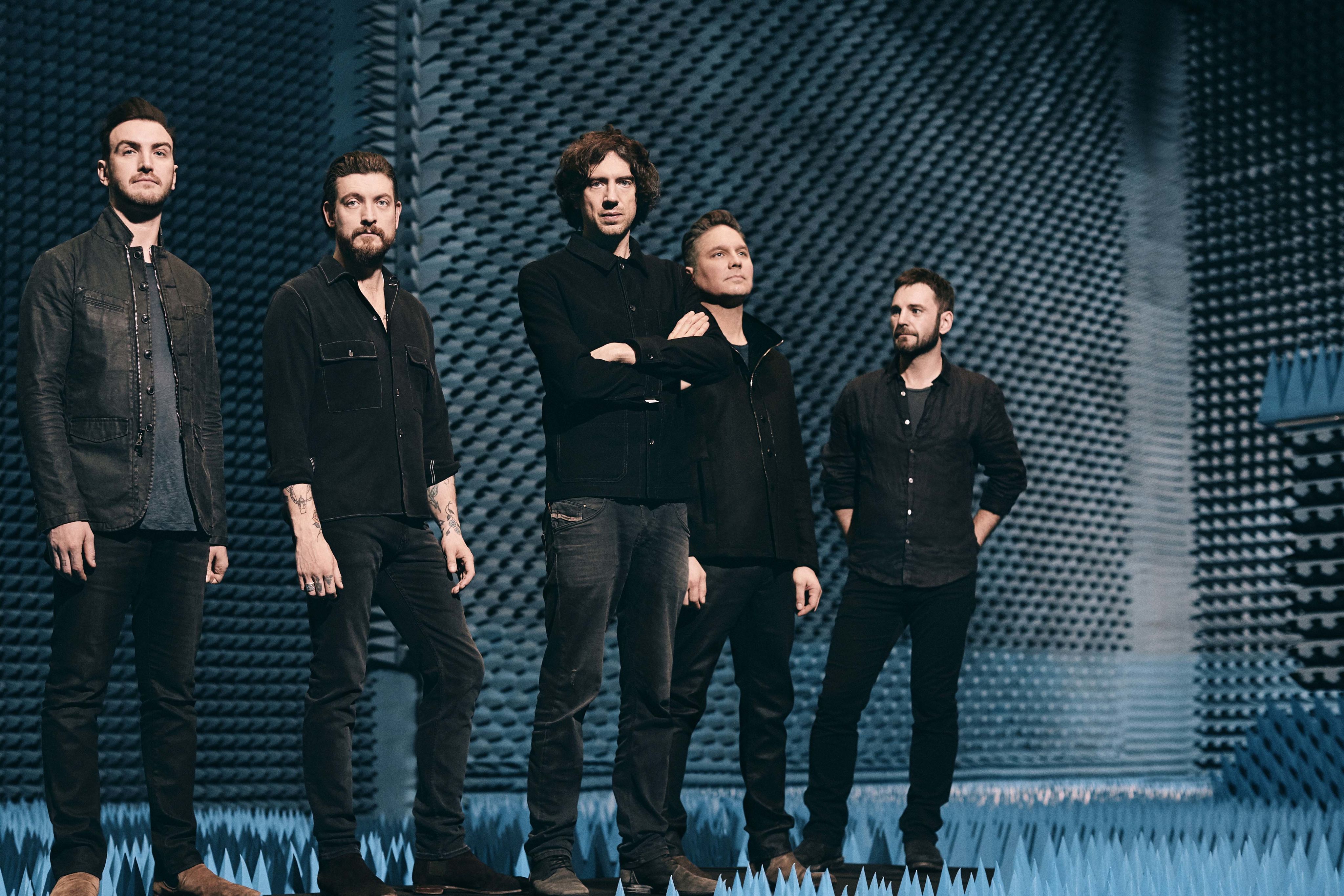Chasing Cars
By Gary Lightbody, Jonny Quinn, Nathan Connolly, Tom Simpson and Paul Wilson
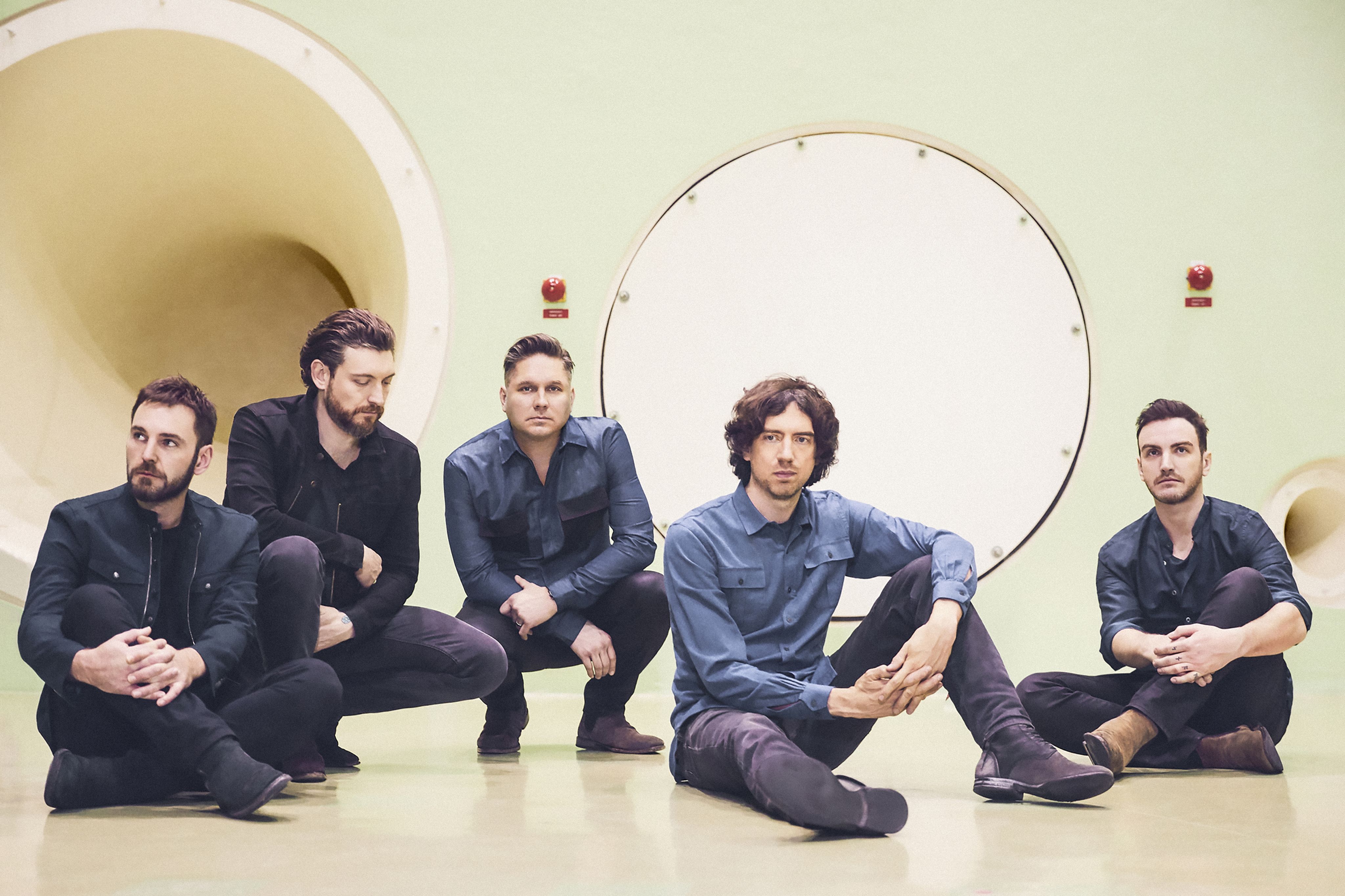
By naming their 2003 album, The Final Straw, Snow Patrol frontman Gary Lightbody and his bandmates were making it very clear that this was akin to a final throw of the dice. This, it was implied, would be their last attempt at making a go of a band that had always skirted the periphery of mainstream success, without achieving a major breakthrough. Thankfully, with the help of some lush production from U2 and REM super-producer Jacknife Lee, The Last Straw was such an undeniable statement of purpose, from a band long overdue the plaudits, that it saw them top the charts in Ireland and make a significant dent in the UK Top 5. The success was in no small part due to the epic single ‘Run’, which would become the band’s most successful song to date; a crossover hit that quickly became the staple of any discerning X-Factor contestant’s repertoire.
What do you do then, when you’ve taken your last shot and seen it lodge itself securely in the bullseye? If you’re Gary Lightbody, you shake off a white wine hangover, take your guitar out to your producer’s garden and write the biggest song of the decade…
The band that would become Snow Patrol was formed in 1994 by two Northern Irish expats, singer/guitarist Gary Lightbody and bassist/keyboardist Mark McClelland, who were studying at the University of Dundee. Quickly, the band – rather than the books – became the young Lightbody's primary obsession. Speaking of their time at University, years later Lightbody would tell Hot Press, “Mark got a first in Financial Economics which means he can go and work for the Bank of England or NASA. I got mine in English and Philosophy which qualifies me for Tesco’s,” he laughed. “It’s either be in a band, or stack shelves for the rest of my life.”
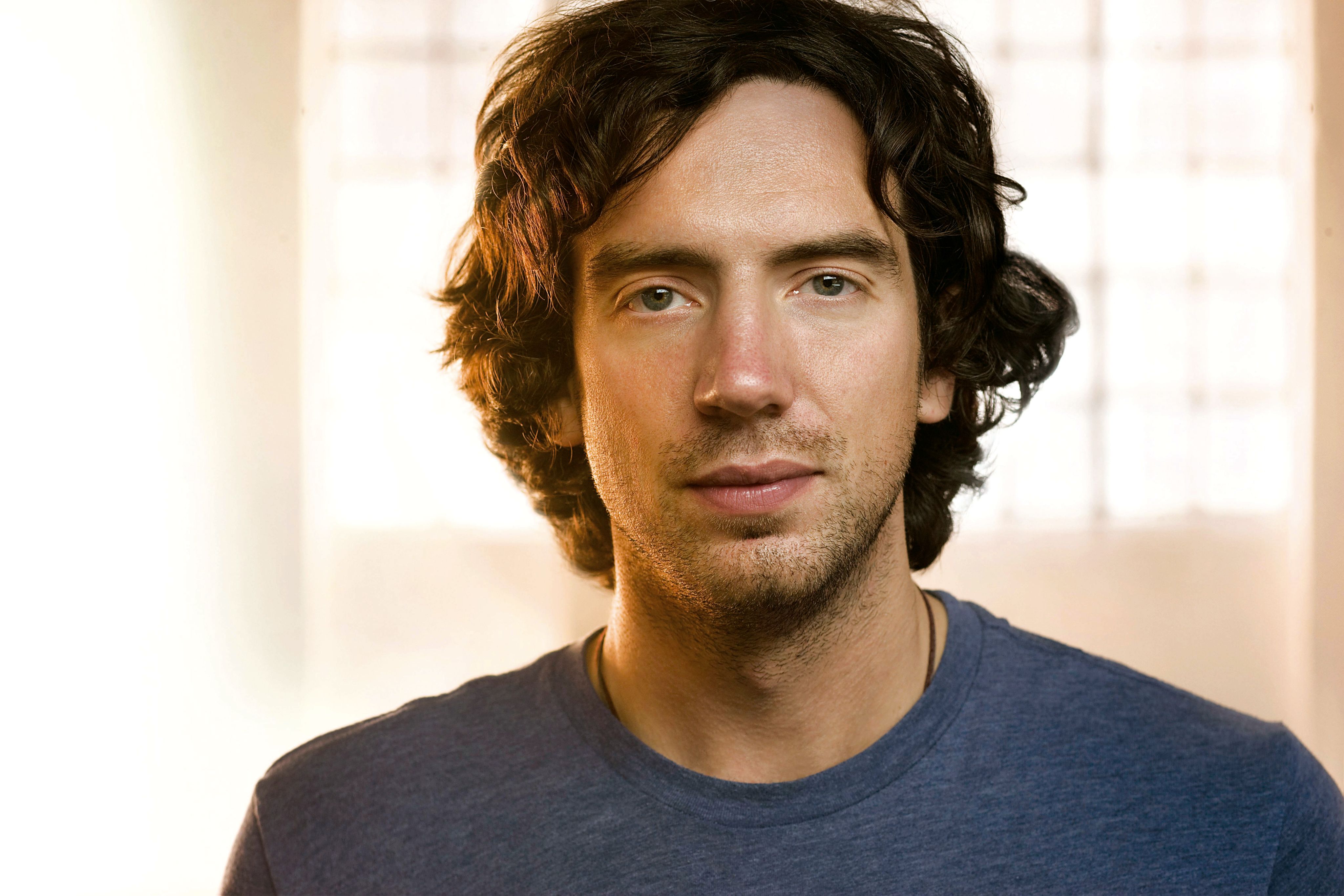
Snow Patrol's frontman and chief lyricist, Gary Lightbody
Snow Patrol's frontman and chief lyricist, Gary Lightbody
The band initially drew their influences from American indie bands like Pavement, Dinosaur Jr and Sebadoh. The meteoric success of Nirvana in the early 90s was a particular eye opener for Lightbody, who told Rolling Stone magazine, “Nevermind was the record that just exploded everything, it’s why I’m sittin’ here right now, it’s the reason I wanted to be in a band.”
It wasn’t until the release of the Starfighter Pilot EP in 1997 that the group of aspiring young musicians finally settled on the name Snow Patrol. Their fledgling success coincided with the rise of indie music in the UK. Fellow Northern Irish rockers Therapy? and Ash had already made considerable waves on both sides of the Irish Sea, but Snow Patrol’s sound fit more comfortably alongside contemporaries like The Super Furry Animals and Belle And Sebastian.
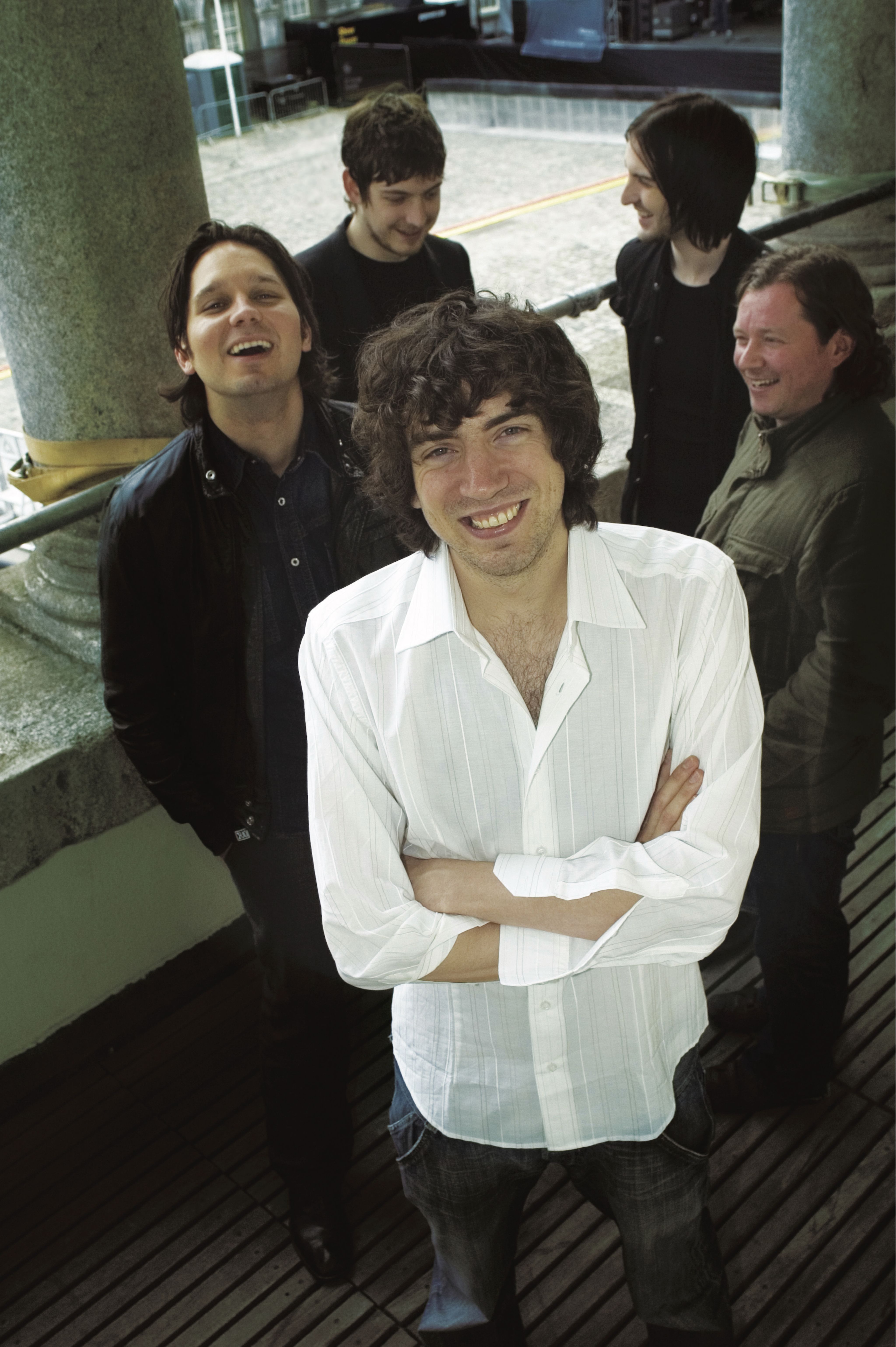
A bright-eyed and bushy-tailed young Snow Patrol
A bright-eyed and bushy-tailed young Snow Patrol
It was the latter that would land Snow Patrol their first record deal, helping them get signed to Jeepster Records, where they would release their first full length album, Songs For Polar Bears in 1998. The album was a critical success, but failed to make much of a dent on the charts. Nonetheless, they established themselves as a thrilling live act and the following year they were handed the Phil Lynott Award for Best New Band by Hot Press Magazine.
In 2001, the band released their sophomore effort, When It’s All Over We Still Have To Clean Up. It was a more accomplished album that largely abandoned the lo-fi tendencies of their early years. But it met the same fate as Songs For Polar Bears: almost universal praise from the critics that unfortunately didn’t translate into sales. It was around this time that Snow Patrol would face their biggest challenges as a band. Following When It’s All Over’s failure to make any significant inroads, the band were dropped by Jeepster (a move labelled at the time by Hot Press as “brainless”). It all seemed to be falling apart – their darkest hour would come when they suffered the indignity of performing in the VIP area of a High Wycombe strip club to only 18 patrons.
Which brings us full circle to The Final Straw. Jeepster's loss was Fiction's gain, Chris Parry's label (owned by Universal Music) signing the band to a long-term deal. With Jacknife Lee in charge of production, that album would go on to be certified six times platinum in both Ireland and the UK and bring their band their first taste of truly significant success in America. The success that they’d long fought for was, in the end, so sudden and shocking that Lightbody likened the year that followed to “a speeding Japanese train, and I’m standing on the tracks as it passes.”
Most of the next 18 months were spent touring relentlessly. It was an environment that the singer found challenging when it came time to begin amassing songs for the inevitable follow-up. At the time he told Hot Press: “I’ve probably got 20 to 25 sketches of songs at the moment, but we just simply haven’t had the time to get them together. It’s frustrating ‘cos a soundcheck is not the right environment: you have engineers and backline guys and everyone running around, and I’ll get frustrated and just give up.”
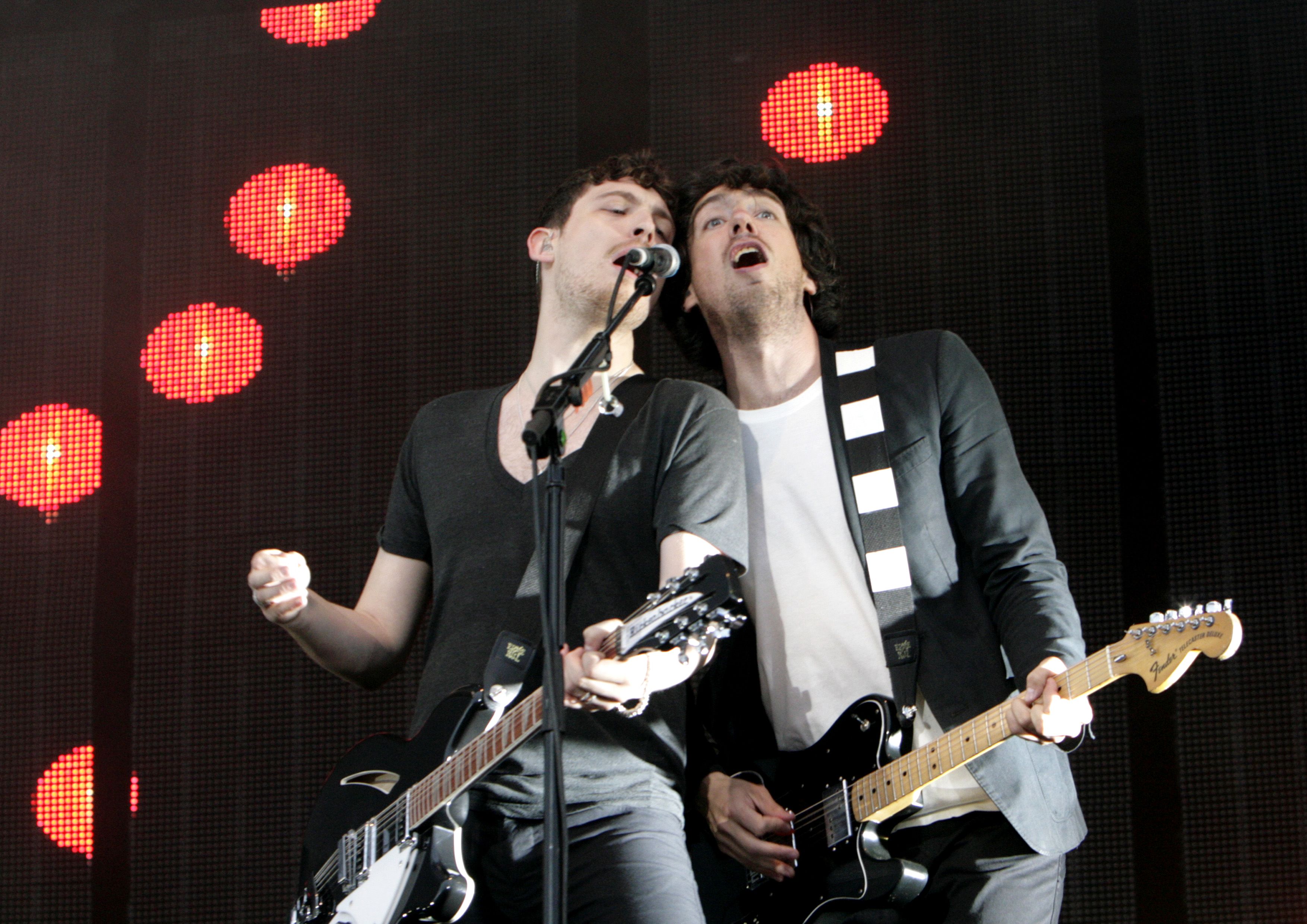
Nathan Connolly and Gary Lightbody of Snow Patrol, at Oxegen 2009, by Andrew Duffy
Nathan Connolly and Gary Lightbody of Snow Patrol, at Oxegen 2009, by Andrew Duffy
In the end, the bulk of the band’s next album, Eyes Open, would be written on an unusually productive evening spent nursing a hangover in the garden of returning producer Jacknife Lee. Over the course of that evening, Lightbody would write nine songs, five of which would end up on the finished album, including the song that would finally catapult the band to global mega-success, ‘Chasing Cars’.
It's worth remembering that, at the time of its initial release, ‘Chasing Cars’ didn’t even crack the Top 5 of the Irish or UK singles charts. It did, however, have stickability – and was made to be a crowd singalong at the band's live shows. The song became a fan favourite, and an undoubtedly well placed feature on the soundtrack to the season finale of the smash-hit US medical drama Grey’s Anatomy, launched it into the stratosphere. 'Chasing Cars' took on a life of its own.
It has been covered dozens of times, notably by Natasha Bedingfield; Boyce Avenue; Curved Air; Hazel O'Connor, Clare Hirst and Sarah Fisher; Sara Ramirez, Kevin McKidd and Chandra Wilson of Grey's Anatomy; and, most recently, by the rising young Irish artist Sven.
Gary Lightbody has since said of the song: “The way it unifies an audience is the thing I most cherish about it. It’s a beautiful moment every time you play it. It’s a song of joy, love, wasting time with someone you love (the finest pursuit). There is no knife twisting, as is my usual, nothing but a happy ending.”
Four years after the song’s release, it took the crown as the most played song of the ‘00s. Ten years after that, the honours were upgraded to include the ever-so-slightly mind-bending title of “Most Played Song of the 21st Century in the UK”, as certified by the music licensing company, PPL.
Speaking about this news, Lightbody told the BBC: “It’s unbelievable. I’m not sure how that happened.” Explaining the song’s appeal, the Northern Irish singer continued: “It’s an emotionally open song and it’s a simple song. But it’s also unabashedly a love song, and we don’t really have any others.”
